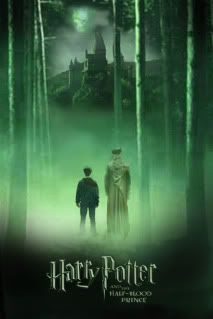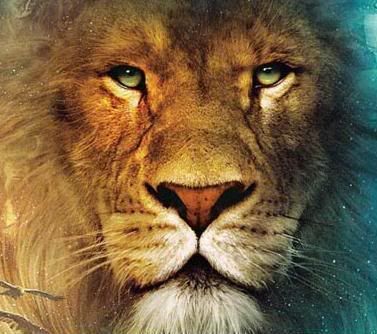 (500) Days of Summer is not a typical indie romantic comedy. As the poster accurately states, this is not a love story, it's a story about love, which makes for a unique movie experience, through both content and manner of storytelling.
(500) Days of Summer is not a typical indie romantic comedy. As the poster accurately states, this is not a love story, it's a story about love, which makes for a unique movie experience, through both content and manner of storytelling.The movie traces 500 days of the relationship between Tom (Joseph Gordon-Levitt) and Summer (Zooey Deschanel), but does so in an nontraditional way, bouncing from point-to-point in their romance by use of a scene-opening counter, which displays the day and stage of the relationship. The non-linear method of storytelling is a tool that provides the movie with a layer of poignancy absent from most romantic comedies.
The movie effectively captures the various moments of life and love: the highs, the lows, and the in-betweens. By leaping back-and-forth through time, these snapshots are uniquely juxtaposed in a way that keeps your emotions on a yo-yo, yanking you back to a happy moment when things look bleak, and reminding you of what is and could be ahead when all seems perfect. This shunning of the usual smooth story arc is disorienting initially, as you try to mentally collect and sort the pieces you have seen. But you soon relax, realizing that the flow of events is self-explanatory enough that the precise order is not necessary.
Given the unusual nature of events, which provide the movie with a slight fairy tale feel, a few other filmmaking twists are also used effectively. The movie occasionally breaks from reality, sticking in a song-and-dance number to joyously show the excitement of new love, and a brilliant use of split-screen that simultaneously shows expectations and reality much better than any after-the-fact dialogue could have done. In a straightforward movie, these techniques would have been jarringly out of place, but since the primary method of storytelling is already off the wall, these even zanier choices feel no more unusual, adding to the freshness of the tale.
The movie is much more than cinematic gimmickry, due to the likability of the two lead actors. Gordon-Levitt continues to grow wonderfully as an actor, bringing to the role a youthful maturity often missing in similar films. Deschanel is excellent as always, with her wide-eyed quirkiness that perfectly fits Summer's perspective on love. The two have the precise amount of chemistry for the relationship, nailing the distance or lack thereof at every point along the way, and their infectious exuberance keeps the viewer interested throughout.
(500) Days of Summer is in no ways a typical movie, either in story or method. In this way, it accurately and beautifully mirrors the roller coasters of life and love. Life is not perfect. A love story doesn't always unfold in three acts. Everybody doesn't necessarily live happily ever after. That does not mean imperfect experiences are not worthwhile. The ability to reflect and learn from the past is part of what makes us human, and this film is a first-class exhibit of that aspect of humanity.
Bottom Line: A refreshingly creative change-of-pace that accurately reflects the tumultuous vagaries of life and love. 8/10.

